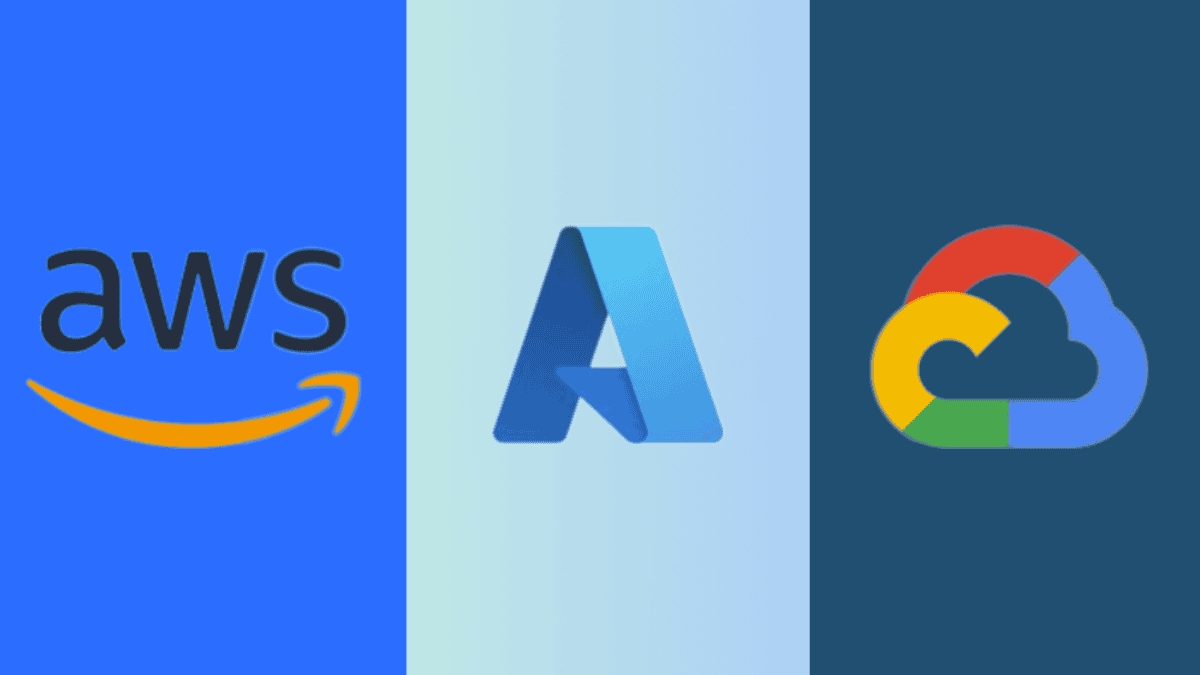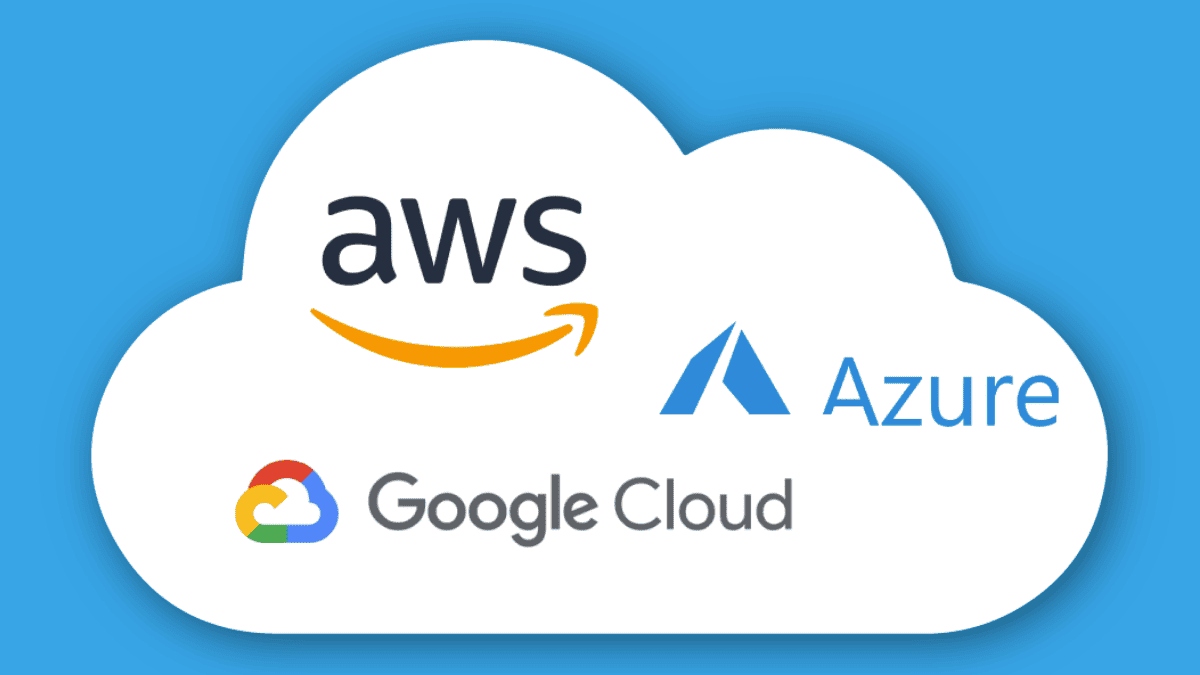Amazon Web Services (AWS) is a comprehensive cloud platform offering a wide array of services that support various business needs. AWS provides tools and solutions for computing power, storage, databases, machine learning, analytics, networking, mobile development, and more. Many businesses, including IT support teams, rely on AWS for scalable infrastructure, secure data storage, and efficient cloud-based solutions. AWS services are highly scalable, allowing businesses to adjust their resources based on demand. This flexibility is beneficial for small to medium enterprises (SMEs) looking to manage costs effectively.
Strengths and Weaknesses of AWS
AWS has several strengths that make it a popular choice among businesses. However, there are also some weaknesses that potential users should consider.
| Strengths | Weaknesses |
| Extensive range of services | Complexity in user interface |
| High scalability | Higher costs for some services |
| Strong security features | Learning curve for new users |
| Global presence with numerous regions | Customer support can be inconsistent |
| Frequent updates and innovations | Potential over-reliance on a single provider |
AWS's strengths, such as its wide range of services and global reach, can be very appealing for SMEs. However, the complexities associated with managing and navigating its offerings may present challenges. When considering how AWS compares to Azure and Google Cloud, these factors are essential for businesses to evaluate based on their specific needs and capabilities.
Microsoft Azure’s Cloud Offering
Microsoft Azure is a comprehensive cloud computing platform that provides a broad range of services to support various business needs. Its offerings include computing power, analytics, storage, and networking capabilities. Azure primarily caters to businesses that require flexibility and scalability in their operations.
Azure services can be categorized into several key areas:
| Service Category | Description |
| Compute | Virtual machines, app services, and containers |
| Storage | Blob storage, file storage, and database services |
| Networking | Virtual networks, load balancers, and VPN gateways |
| Analytics | Data lakes, machine learning, and stream analytics |
| AI and Machine Learning | Services to build intelligent applications |
| IoT Services | Solutions for managing Internet of Things devices |
Azure also provides tools for developer productivity, security solutions, and monitoring options to enhance overall operational efficiency.
Strengths and Weaknesses of Azure
Azure offers a robust cloud computing platform with numerous advantages, but it also comes with certain challenges. Below is a breakdown of its key strengths and weaknesses to help businesses evaluate its suitability for their needs.
Strengths:
- Integration with Microsoft Products: Azure seamlessly integrates with other Microsoft services, making it a preferred choice for businesses already using Microsoft products.
- Hybrid Cloud Capabilities: Azure’s hybrid cloud model allows organizations to combine on-premises and cloud resources effectively, offering more flexibility in data management.
- Comprehensive Compliance: Azure supports a wide array of compliance certifications, ensuring that businesses can meet regulatory requirements.
- Global Reach: With data centers in various regions around the world, Azure provides low-latency access and disaster recovery options for users.
Weaknesses:
- Complex Pricing Structure: Azure's pricing model can be complicated, making it challenging for users to predict costs accurately.
- Learning Curve: The vast array of services and features can pose a steep learning curve for new users, potentially requiring more time to become proficient.
- Performance Variability: Some users have reported inconsistent performance across different services and regions, which can impact reliability for critical applications.
Understanding Azure's offerings and evaluating its strengths and weaknesses helps SMEs determine whether it meets their cloud needs effectively.
Google Clouds Platform
Google Cloud offers a comprehensive suite of cloud services designed to support businesses of all sizes. It provides solutions for computing, data storage, data analytics, and machine learning. Key services include:
| Service Category | Key Offerings |
| Compute | Google Compute Engine, Google Kubernetes Engine |
| Storage | Google Cloud Storage, Google Filestore |
| Data Analytics | BigQuery, Cloud Dataflow |
| Machine Learning | AI Platform, AutoML |
| Networking | Virtual Private Cloud, Cloud Load Balancing |
These services enable organizations to build, deploy, and scale applications effectively while leveraging Google's advanced technology infrastructure.

Strengths and Weaknesses of Google Cloud
Google Cloud has several strengths and weaknesses that SMEs should consider when evaluating their cloud options.
| Strengths | Weaknesses |
| 1. Strong data analytics capabilities | 1. Smaller global footprint compared to AWS and Azure |
| 2. Advanced machine learning services | 2. Complexity in pricing structures |
| 3. Integrated with popular developer tools | 3. Limited support for some enterprise applications |
| 4. Strong cybersecurity measures | 4. Learning curve for new users |
These points highlight the potential benefits and challenges associated with Google Cloud, allowing businesses to assess its fit for their specific needs and goals.
Comparing the Titans
In the battle of cloud services, understanding how different platforms stack up against one another is vital for small and medium enterprises (SMEs). This section focuses on three crucial aspects: pricing structures, performance and reliability, and scalability and flexibility.
Pricing Structures
Pricing can greatly influence an SME's decision when selecting a cloud service. Here's a comparison of the pricing structures of AWS, Azure, and Google Cloud.
| Service | Pricing Model | Starting Price (Example) |
| AWS | Pay-as-you-go, Reserved Instances | EC2 Pricing: Starting at $0.0116 per hour for t2.micro |
| Azure | Pay-as-you-go, Reserved Instances | Virtual Machines: Starting at $0.008 per hour for B1S instance |
| Google Cloud | Pay-as-you-go, Sustained Use Discounts | Compute Engine: Starting at $0.010 per hour for f1-micro |
Performance and Reliability
Performance and reliability are critical in ensuring that services run smoothly for businesses. Below is a summary of performance metrics from each cloud provider.
| Metric | AWS | Azure | Google Cloud |
| Uptime | 99.99% | 99.95% | 99.95% |
| Regions Available | 25+ Data Centers | 60+ Regions | 24 Regions |
| Load Times | Average 200-300 ms | Average 150-250 ms | Average 100-150 ms |
Scalability and Flexibility
Scalability is essential for SMEs as they grow, and flexibility allows businesses to adapt to changing needs. Here's how each platform compares in this regard.
| Feature | AWS | Azure | Google Cloud |
| Auto Scaling | Yes | Yes | Yes |
| Customization Options | High | Moderate | High |
| Hybrid Cloud Support | Yes | Strong integration with On-Premise | Yes |
Evaluating pricing structures, performance and reliability, and scalability and flexibility, SMEs can make informed decisions when considering cloud providers. Understanding how AWS compares to Azure and Google Cloud is essential in selecting the right service for their needs.
Making the Right Choice
Choosing the right cloud service can be a daunting task for small and medium-sized enterprises (SMEs). It’s essential to consider various factors to ensure that the selected platform meets the specific business needs and goals.
4 Factors to Consider When Choosing Between AWS, Azure, and Google Cloud
Evaluating cloud service providers, SMEs should assess the following critical aspects:
| Factor | AWS | Azure | Google Cloud |
| Pricing | Pay-as-you-go model, options for reserved instances | Flexible pricing, enterprise agreements available | Competitive pricing with sustained use discounts |
| Market Share | Largest provider | Growing rapidly | Smaller but increasing presence |
| Services Offered | Extensive range, particularly in computing and storage | Strong integrations with Microsoft products | Strong in data analytics and machine learning |
| Global Reach | Broad global presence | Expanding data centers | Focused on key regions |
Quality of support and ease of use are also important. SMEs should consider their team's familiarity with each platform and the available resources for training and support.

Customization and Integration Options
The ability to customize and integrate cloud services with existing systems is vital for numerous SMEs. Each cloud provider offers various tools and features to support customization.
| Provider | Customization Options | Integration with Other Services |
| AWS | Highly customizable services with extensive APIs | Strong integration with third-party services |
| Azure | Built-in customization capabilities with Microsoft tools | Seamless integration with Microsoft Office and other tools |
| Google Cloud | User-friendly tools for customization | Excellent for collaboration with Google's suite (Gmail, Drive) |
Simplify, Scale, and Succeed with LK Tech
Examining customization options helps businesses adapt their cloud solutions to specific operational needs. Identifying the best way to integrate these platforms with existing tools and workflows leads to increased efficiency and productivity. By carefully analyzing these factors, SMEs can make informed decisions on the most suitable cloud service provider for their requirements. At LK Tech, we specialize in delivering top-notch IT services in Cincinnati, helping businesses navigate cloud solutions with expert guidance and seamless integration. Our team ensures reliable support, optimized performance, and tailored solutions to fit your needs. Reach out to us today to see how we can help your business thrive.


